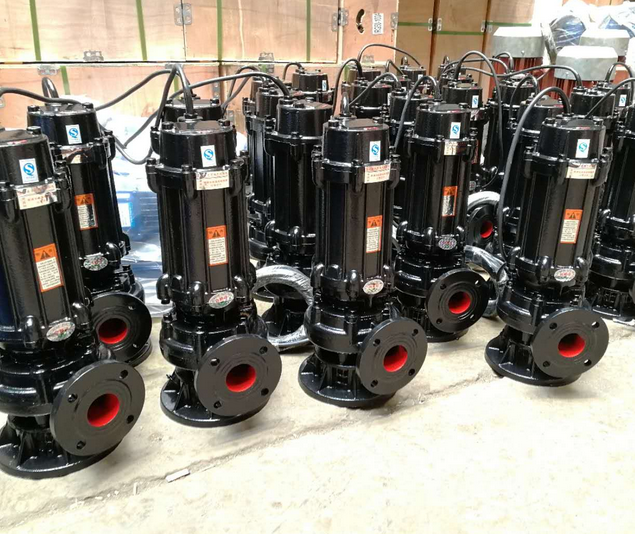Selection of rural sewage pump
The selection of rural sewage pumps is an important and carefully considered process, which is directly related to the effectiveness and efficiency of rural sewage treatment. The following are some key factors and steps to help guide the selection of rural sewage pumps:
1. Understand the needs
Flow requirements: First, it is necessary to clarify the scale of rural sewage treatment to determine the flow rate of the required pump. Flow rate refers to the amount of water passing through the pump per unit time, usually in cubic meters per hour (m³/h).
Lift requirements: Lift refers to the height to which the pump can lift water, including the vertical lifting height and the friction resistance loss in the pipeline. According to the location and layout of rural sewage treatment facilities, the required lift should be reasonably estimated.
Medium characteristics: Rural sewage may contain impurities such as solid particles and fibers, so the wear resistance, corrosion resistance and anti-clogging ability of the pump need to be considered.
2. Choose the pump type
Submersible sewage pump: Submersible sewage pump is one of the commonly used pump types in rural sewage treatment. It can directly submerge in sewage to work, with the advantages of simple structure, easy installation and reliable operation. Submersible sewage pumps are usually made of stainless steel or wear-resistant alloy, with good corrosion resistance and wear resistance.
Self-priming sewage pump: The self-priming sewage pump has a self-priming function and can start and discharge sewage without water diversion. It is suitable for occasions that require frequent start-stop or intermittent drainage. However, the suction range of the self-priming sewage pump is limited, and long-term dry running can easily damage the mechanical seal.
Other pump types: According to specific needs, other types of sewage pumps, such as submerged sewage pumps, pipeline sewage pumps, etc., can also be considered. These pump types have their own characteristics and need to be selected according to actual conditions.
3. Consider performance parameters
Efficiency: The efficiency of a water pump refers to its ability to convert mechanical energy into water energy. Choosing an efficient water pump can reduce energy consumption and operating costs.
Power: Power refers to the work done by the water pump per unit time. According to the flow and head requirements, select the appropriate power to ensure the normal operation of the water pump.
Material: As mentioned earlier, rural sewage may contain corrosive substances and solid particles, so the material of the water pump should have good corrosion resistance and wear resistance.
Sealing performance: Good sealing performance can prevent sewage leakage and motor water ingress, and extend the service life of the water pump.
4. Brand and after-sales service
Brand selection: Choosing a well-known brand of water pump products can ensure the quality and performance of the products. Well-known brands usually have a complete production system and quality control system, and can provide more reliable products and services.
After-sales service: Good after-sales service is an important factor in ensuring the normal operation of the water pump. When choosing a water pump, you should pay attention to the manufacturer's after-sales service network, response time, maintenance capabilities and other aspects.





